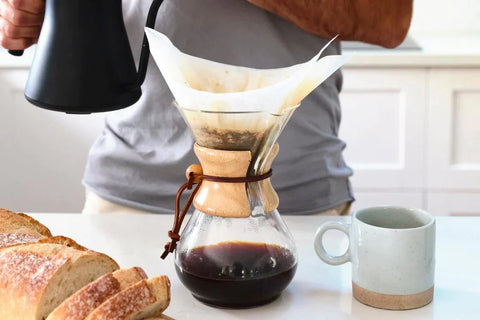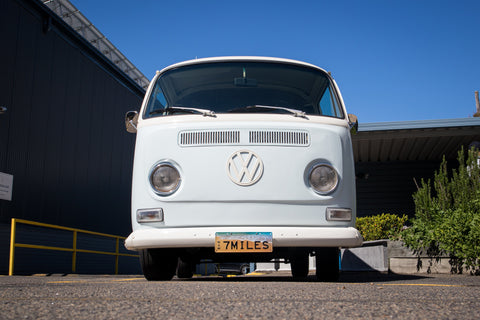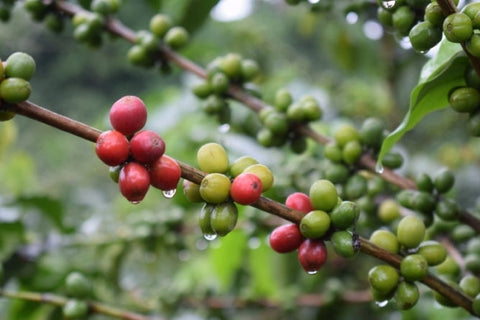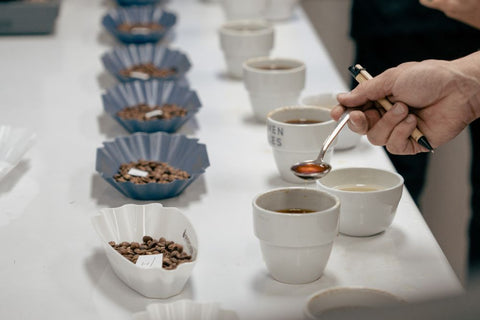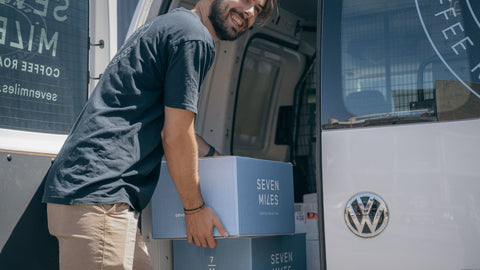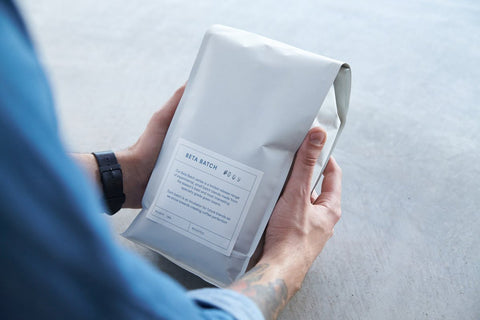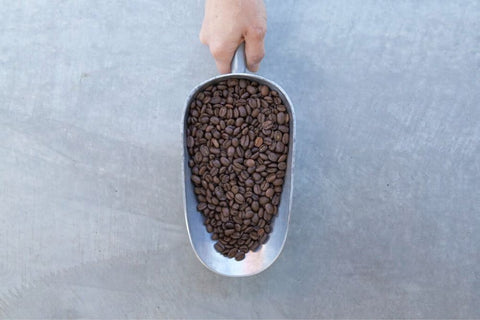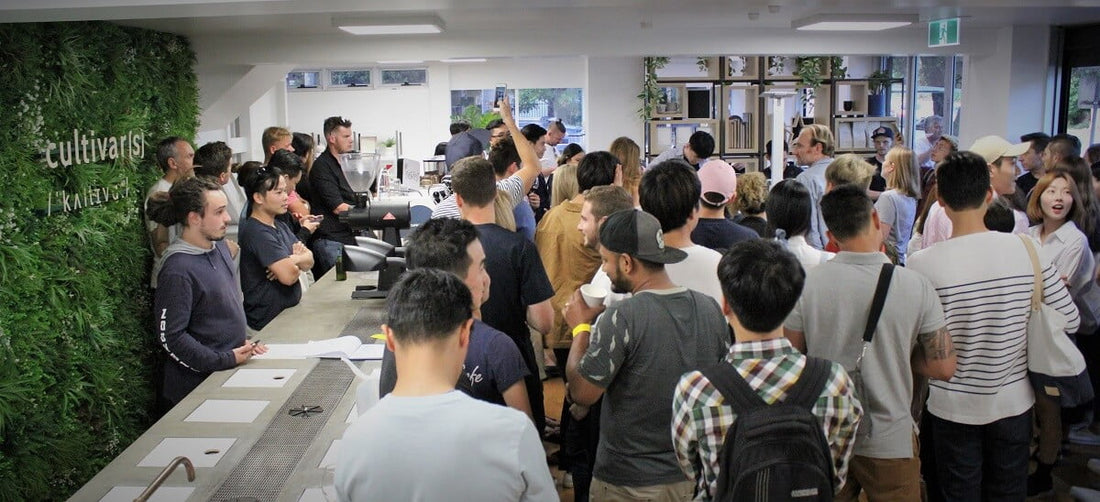Finding & holding on to quality staff is one of the biggest challenges in hospitality - if not the biggest challenge. After all, these are the people who know how the business operates, help train new staff and have a relationship with regular customers. Hiring a quality Barista can make or break a business. A problem in Australian cafes is that when an employer advertises for a Barista, qualifications and standards come second to experience. This can lead to baristas with years of experience, who still haven’t learned the basics. Certifications are not only valuable, but mandatory for many industries – take health care for example. They provide an employer assurance that an individual is fit for the job.
The problem with certified barista training
While we do have a national standard for basic barista training (called ‘Prepare and Serve espresso coffee’), does it provide all that a café owner needs to fulfill that barista role? The problem is simply this: many employers don’t respect ‘Prepare & Serve Espresso Coffee’ as a certificate. I believe this reputation has come about not because of the program itself, but in the way that it has been delivered. Ken Oldfield, an industry vocational teacher and café owner for over twenty years explains “Despite being well written, many Registered Training Organisations (RTOs) cut corners...making it ineffective.” Similarly, while theoretical understanding is important, it can’t be at the expense of hands-on training. Employers often take certificates as being indicators only of theoretical understanding rather than practical know-how. Emily Oak (of St Ali Coffee) was one of the people who helped write the original program, adds to this: “I've seen the same content taught in eight hours or eight weeks. As coffee is a largely practical and practice based education, a piece of paper is really a reflection of knowledge rather than application or experience.”
Why do a coffee course at all? Isn’t it best just to learn on the job?
Making a consistently good coffee requires a healthy mix of both practical art and scientific understanding. While there are many skillful baristas that have never set foot inside a structured training course, this approach usually results in knowledge gaps. Common examples are cleaning, maintenance, equipment calibration and origin information. Learning on the job is also a slow and costly process. Training on site requires a manager to dedicate their time to do this, usually when the cafe is slow, or after hours. There is only so much time a cafe owner can afford to spare on training before this becomes financially taxing on the business. Having a trusted certification helps to provide staff with better skills and save time for cafe owners.
Accreditation that matters to the specialty coffee industry.
Introducing the Speciality Coffee Association (SCA). Recently the specialty coffee associations of Europe (SCAE) and America (SCAA) have merged to become the Specialty Coffee Association (SCA). This has now resulted in a new international standard in coffee education called the Coffee Skills Program (CSP). The new curriculum covers specialties within the coffee industry including; barista skills, coffee brewing, green coffee buying, roasting and sensory skills. Within each of these disciplines, the classes progress from foundations, intermediate to professional levels. On successful completion of these classes, the student attains points towards their diploma. Not only does the SCA provide higher levels of education than the current Australian standard, but the barista exams have time constraints in order to pass. Addressing the practical skills required to work as a barista. Is there a need for this level of training in Australia? Ken Oldfield thinks so: “I believe there is a huge potential for advanced training. Australia has one of the most vibrant coffee cultures in the world. With such a large and growing industry there is a need and demand for higher levels of accreditation.” It’s true. For too long, working in the coffee industry has been seen as simply a casual job while studying or pursuing other ambitions. It is important that the coffee industry provides genuine career opportunities, pathways from casual staff > barista > coffee professional. These certifications provide an important part of that structure, backed by a respected, independent industry body. There is even more value to this certification. Australians love to travel abroad. For the first time, this new program provides an internationally recognised standard to help you get a job anywhere in the world. This global approach also provides the skills and insights into how different cultures around the world prepare and serve coffee - not just espresso.
